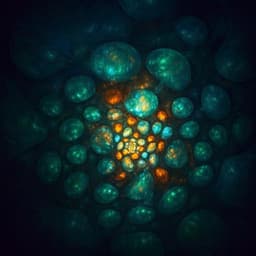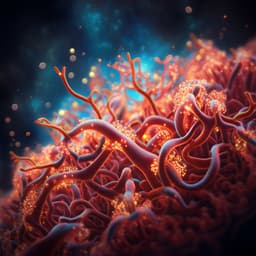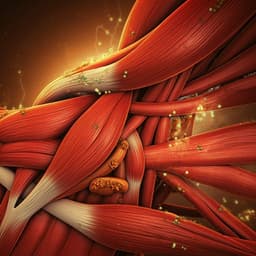
Medicine and Health
S1PR1 induces metabolic reprogramming of ceramide in vascular endothelial cells, affecting hepatocellular carcinoma angiogenesis and progression
X. Wang, Z. Qiu, et al.
Explore the groundbreaking findings of Xuehong Wang and colleagues as they unveil the pivotal role of S1PR1 in angiogenesis and the progression of hepatocellular carcinoma (HCC). This research reveals how S1PR1's regulation can be a key therapeutic target, offering hope in the fight against HCC. Discover the exciting mechanisms that put S1PR1 at the forefront of new cancer therapies.
~3 min • Beginner • English
Related Publications
Explore these studies to deepen your understanding of the subject.







